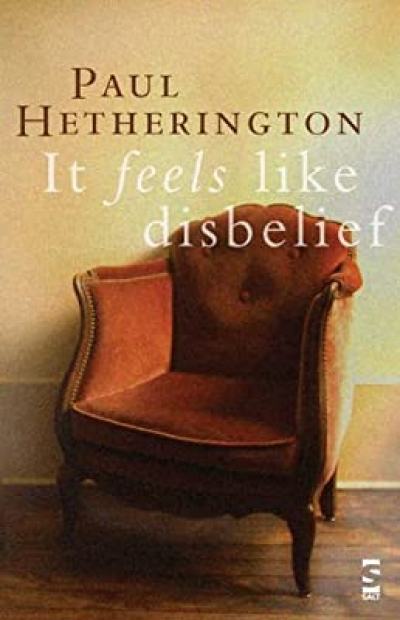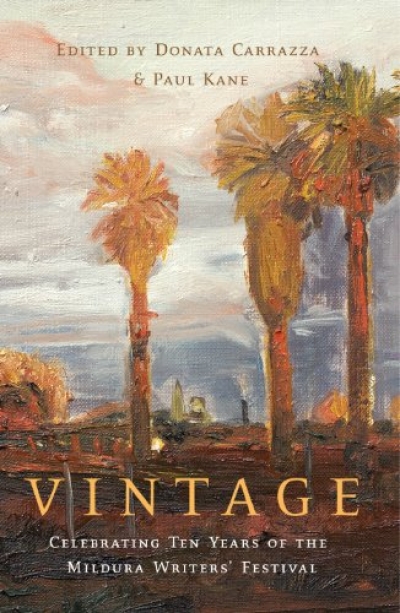Paul Kane
'Co. Kerry', a new poem by Paul Kane. ... (read more)
The Penguin Anthology of Twentieth-Century American Poetry edited by Rita Dove
by Paul Kane •
The Puncher & Wattmann Anthology of Australian Poetry edited by John Leonard
by Paul Kane •
A Slant of Light by Paul Kane & A Tight Circle by Brendan Ryan
by Toby Davidson •
… although my eyes were open
In ’68 I sported a Panic Button on my blazer –
pushed, it read ‘Things will get worse before
they get worse.’ After the assassinations, I threw
it away. On edge, we were now living on the edge.
... (read more)Vintage: Celebrating ten years of the Mildura writers' festival edited by Donata Carrazza and Paul Kane
by Morag Fraser •
How will they remember us, the dead?
As a cause – a just cause – or simply an end?
Silicon Literacies: Communication, Innovation and Education in the Electronic Age edited by Ilana Snyder
by Paul Kane •
Paul Kane reviews ‘The Poetry of Les Murray’ edited by Laurie Hergenhan and Bruce Clunies Ross, ‘Les Murray’ by Steven Matthews, and ‘Poems the Size of Photographs’ by Les Murray
by Paul Kane •
You might expect a book of eighty-eight new poems by Les Murray to be sizeable (most of his recent single volumes run to about sixty poems each). But Poems the Size of Photographs is literally a small book, composed of short poems (‘though some are longer’, says the back cover) ...
... (read more)





